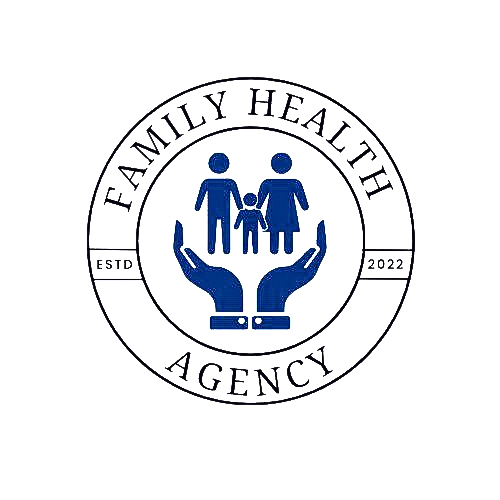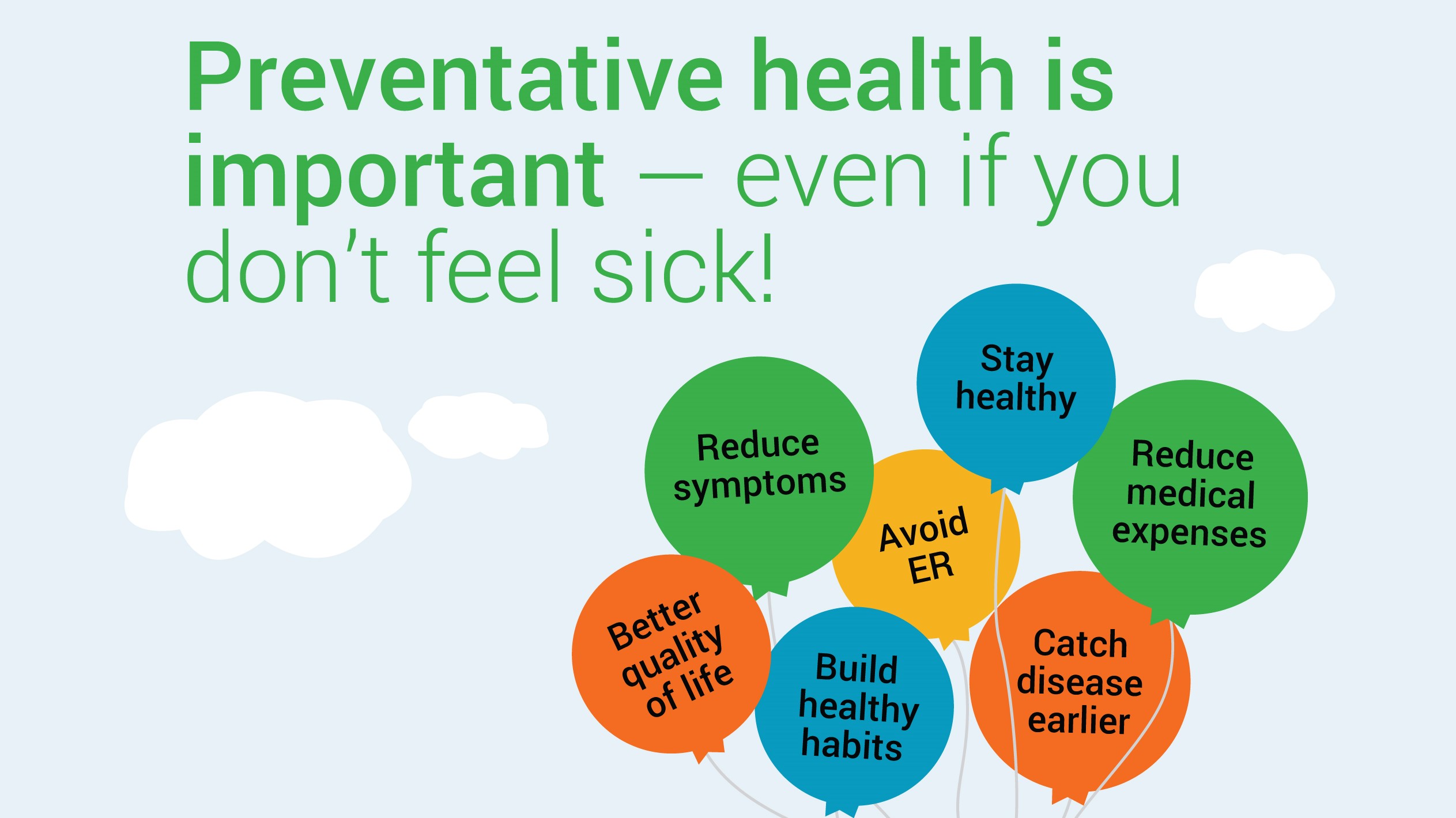
How to Maximize Your Health Insurance Benefits
Health insurance is a crucial part of maintaining your health and financial well-being. To get the most out of your health insurance plan, it’s important to understand your coverage, use your benefits wisely, and stay informed about any changes. Here are some practical tips to help you maximize your health insurance benefits.
1. Understand Your Plan
- Review Your Policy: Read through your insurance policy documents to understand what services are covered, what your out-of-pocket costs might be, and any limitations or exclusions.
- Know Key Terms: Familiarize yourself with important insurance terms such as premiums, deductibles, copayments, coinsurance, and out-of-pocket maximums.
2. Choose In-Network Providers
- Stay In-Network: Use healthcare providers within your insurance plan’s network to minimize out-of-pocket costs. In-network providers have negotiated rates with your insurance company, which typically results in lower costs for you.
- Verify Network Status: Before scheduling appointments, confirm that the provider is still in-network, as networks can change.
3. Utilize Preventive Services
- Take Advantage of Free Services: Most health insurance plans cover preventive services such as annual physical exams, vaccinations, screenings, and wellness visits at no additional cost. Utilizing these services can help detect health issues early and avoid more costly treatments.
- Schedule Regular Check-Ups: Keep up with routine health check-ups and screenings to maintain good health and catch potential problems early.
4. Manage Chronic Conditions
- Follow Treatment Plans: Adhere to your doctor’s treatment plans and take prescribed medications as directed to manage chronic conditions effectively.
- Use Disease Management Programs: Many insurance plans offer programs to help manage chronic conditions like diabetes, hypertension, and asthma. These programs provide resources and support to improve your health and reduce complications.
5. Maximize Prescription Benefits
- Choose Generic Medications: Opt for generic drugs when available, as they are typically less expensive than brand-name medications.
- Use Mail-Order Pharmacies: Some insurance plans offer lower costs for medications ordered through mail-order pharmacies, especially for long-term prescriptions.
- Check the Formulary: Review your plan’s formulary (list of covered drugs) to understand which medications are covered and at what cost.
6. Take Advantage of Additional Benefits
- Wellness Programs: Participate in wellness programs offered by your insurance plan, such as fitness classes, smoking cessation programs, and weight management support.
- Telehealth Services: Use telehealth services for non-emergency medical issues. Telehealth can be a convenient and cost-effective way to access care.
- Discount Programs: Explore discounts on health-related products and services, such as gym memberships, eyewear, and alternative therapies.
7. Stay Informed About Costs
- Estimate Costs: Use cost estimation tools provided by your insurance company to understand potential expenses before receiving services.
- Review Bills Carefully: Check medical bills and Explanation of Benefits (EOB) statements for accuracy. If you spot errors, contact your provider or insurance company to resolve discrepancies.
- Negotiate Bills: If you receive a large medical bill, don’t hesitate to negotiate with the provider. Many providers are willing to set up payment plans or offer discounts for prompt payment.
8. Plan for the Year
- Maximize Annual Benefits: Schedule elective procedures and routine check-ups early in the year to take full advantage of your annual benefits before they reset.
- Track Your Spending: Keep track of your medical expenses throughout the year to monitor your progress toward meeting your deductible and out-of-pocket maximum.
9. Know Your Rights
- Appeal Denied Claims: If your insurance company denies a claim, you have the right to appeal. Review the reason for denial and provide any necessary documentation to support your case.
- Understand Coverage Changes: Stay informed about any changes to your coverage, such as changes in network providers or covered services. Insurance companies are required to notify you of significant changes.
10. Get Help When Needed
- Contact Customer Service: If you have questions about your coverage or need help understanding your benefits, contact your insurance company’s customer service.
- Consult a Healthcare Advocate: If you’re having trouble navigating the healthcare system or dealing with insurance issues, consider consulting a healthcare advocate for assistance.
Conclusion
Maximizing your health insurance benefits involves understanding your coverage, using in-network providers, taking advantage of preventive services, and managing your healthcare expenses wisely. By staying informed and proactive, you can make the most of your health insurance plan and ensure you and your family receive the care you need without unnecessary financial strain.


